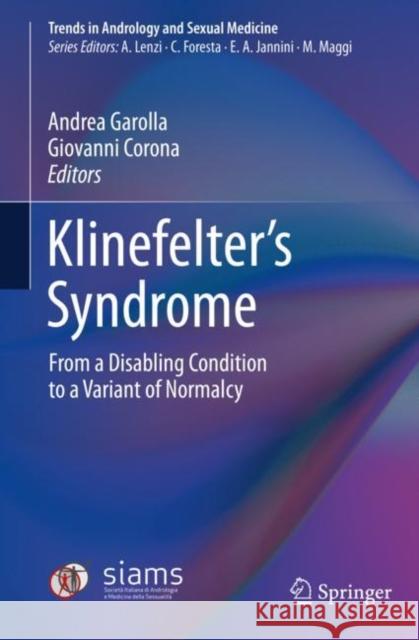Klinefelter's Syndrome: From a Disabling Condition to a Variant of Normalcy » książka
topmenu
Klinefelter's Syndrome: From a Disabling Condition to a Variant of Normalcy
ISBN-13: 9783030514099 / Angielski / Twarda / 2020 / 232 str.
Klinefelter's Syndrome: From a Disabling Condition to a Variant of Normalcy
ISBN-13: 9783030514099 / Angielski / Twarda / 2020 / 232 str.
cena 402,53
(netto: 383,36 VAT: 5%)
Najniższa cena z 30 dni: 385,52
(netto: 383,36 VAT: 5%)
Najniższa cena z 30 dni: 385,52
Termin realizacji zamówienia:
ok. 22 dni roboczych.
ok. 22 dni roboczych.
Darmowa dostawa!
Kategorie BISAC:
Wydawca:
Springer
Seria wydawnicza:
Język:
Angielski
ISBN-13:
9783030514099
Rok wydania:
2020
Wydanie:
2020
Numer serii:
000800178
Ilość stron:
232
Waga:
0.45 kg
Wymiary:
23.88 x 19.56 x 1.27
Oprawa:
Twarda
Wolumenów:
01











